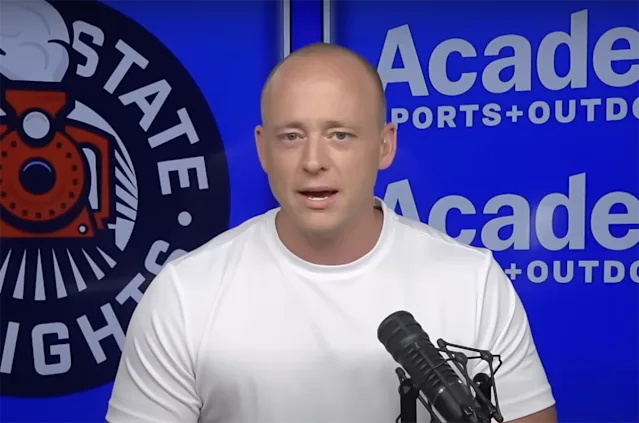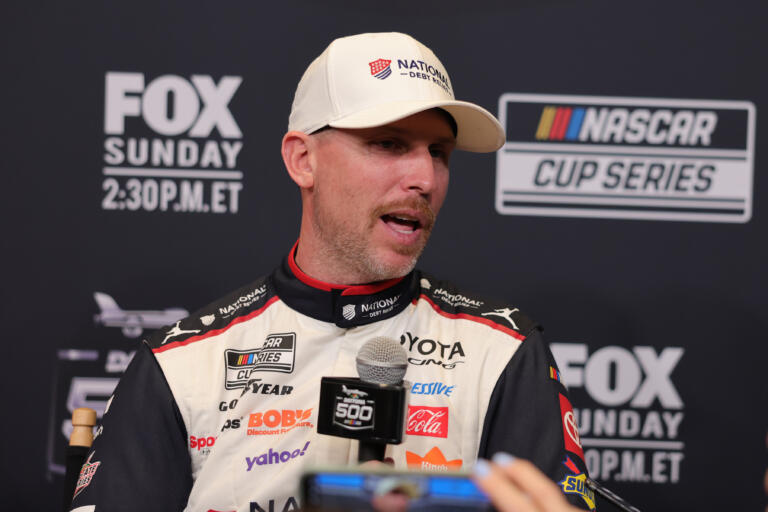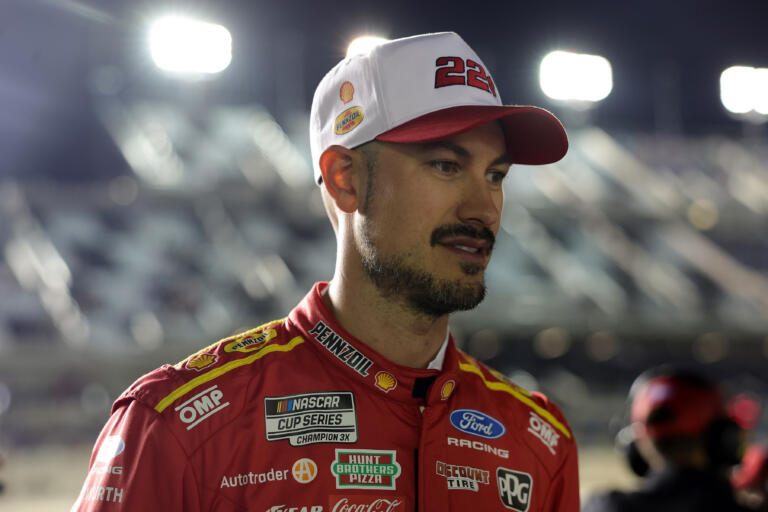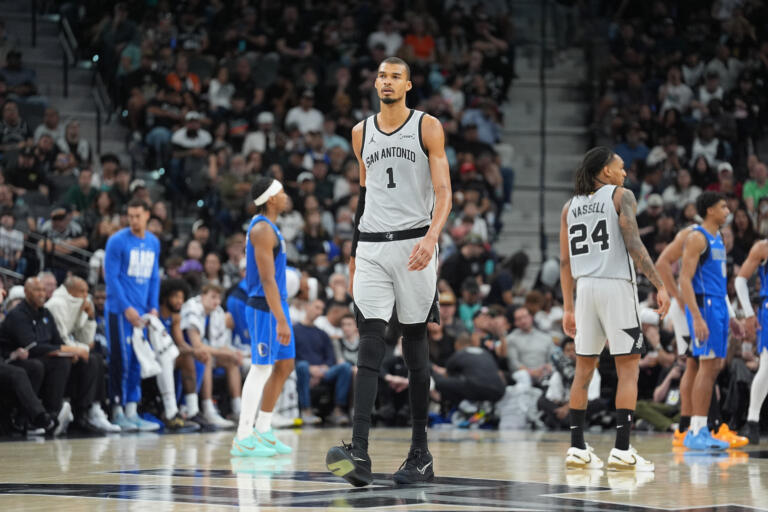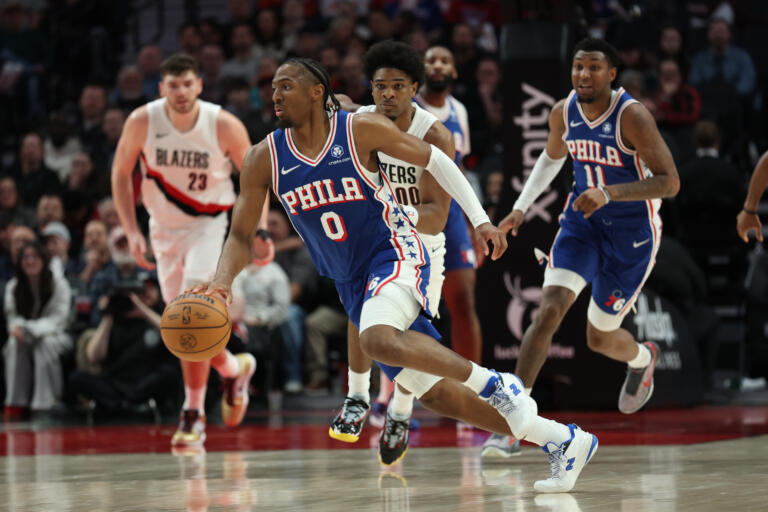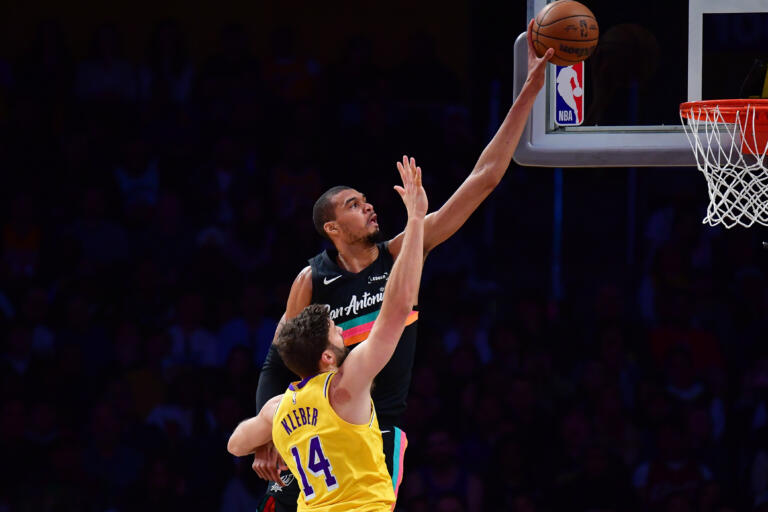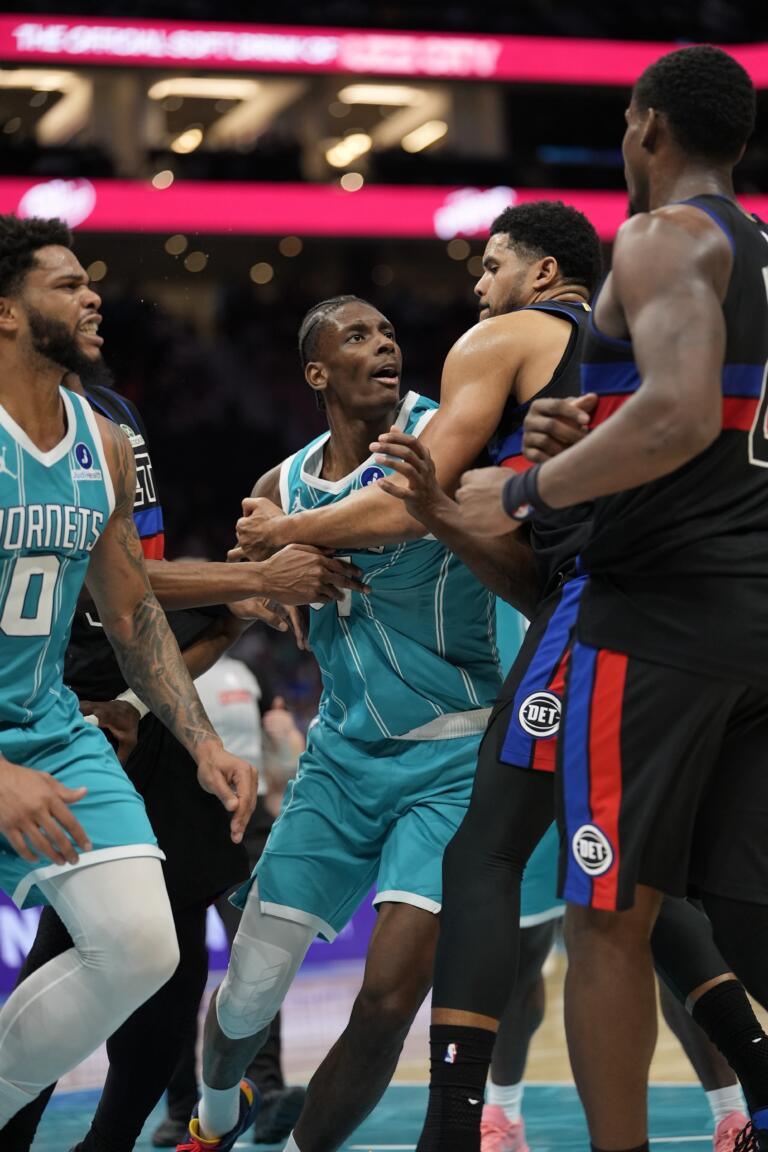NASHVILLE — For a while, Josh Pate felt like the reader-friendly, relatable insider everyone wanted in the college-football world. He had the speaking ability of a young Obama—charismatic, persuasive, confident—and he seemed to genuinely love college football. His “Late Kick” show and “Josh Pate’s College Football Show” filled a niche: deep recruiting intel, sharp takes, and a voice that felt authentic. But lately? The vibes have shifted. He’s starting to feel like the guy selling snake oil at a tailgate, not the trusted analyst you trusted to break down the big games.
Let’s be clear: I like Pate. I think he’s smart, affable, and understands the game. But somewhere along the way, he left the roots. His show has morphed from authentic, insightful analysis into a dog-and-pony show of commercials for Academy and FanDuel, half-baked “hot takes” that flip on a dime to cover every side, and an AP-style poll he created that puts one-loss Alabama ahead of unbeaten Indiana and Texas A&M with better wins. That’s red flag territory—even for a die-hard Tide fan like me.
Remember when Pate used to own his mistakes? When he made bold predictions—say, a surprise playoff bracket or an under-the-radar QB—and if he flopped, he came back with “I got this wrong” and you respected him for it. These days he just pivots. He frames every missed prediction as “well, the data changed” or “the environment shifted” or “you really have to appreciate the nuance.” Translation: no accountability for coming up short.
Take his playoff predictions and SEC quarterback rankings this season: he had stuff locked in early, names he promised would deliver. But several stalled or cratered—including some he hyped hard. And when those predictions blew up, did we hear follow-through? Not so much. Instead we got teaser clips and influencer-style programming. The show that once bucked the “talking heads” mold now leans into the meme-ready clips and algorithm bait.
And then there’s the poll. He calls it his version of the AP poll—but with Pate’s name all over it. An “unofficial” knockout list that gives Alabama (1-loss) higher placement than Texas A&M and Indiana (both undefeated). The logic? He says “resume” and “brand” matter. Which is fine until you realize you’re cheering for hype over results. When a guy who once seemed to champion the everyday fan starts elevating what feels like college-football marketing, you begin to wonder who he’s actually serving.
What has changed for Pate isn’t his personality—it’s his platform. With thousands of YouTube followers, podcast subscribers, tweets, sponsors, merch, and a big network backing him, the stakes got bigger. And when the stakes rise, authenticity often shrinks. Instead of the guy giving you the cold-blooded breakdown, we’ve got someone playing both sides: “Here’s the champion pick I believe in… by the way, don’t miss our FanDuel bet line.” The pay-per-view era of college-football commentary is upon us, and Pate is squarely in the middle of it.
But let me end on a hopeful note. Pate can get back. He can reclaim that space where he earns the trust of the hardcore fans again. He just needs to remember why people started watching in the first place: not to hear surface-level hype or commercials masked as analysis—but to hear someone say what they think, mean what they say, and stand behind it. If he drops the over-produced highlight reels and goes back to deep takes, crystal-clear opinions, and accountability when he’s wrong, the fans will follow.
Here’s what I’d suggest: cut back the product placements; bring back the “I screwed up” segments; lean into genuine interviews where you challenge recruits and coaches, not just pat them on the back; and lose the “Pate Poll” top ten gimmick unless you want to be laughed at by every fan who knows their team’s actual record.
Josh Pate is still worth listening to. He still talks well. He still knows the sport. But he can’t ride the wave of virality forever. Otherwise he risks becoming the guru who sold you the formula—but forgot the game. Fire up the show like you used to. We’re still watching. Just don’t make us feel like we’re part of the ad.


